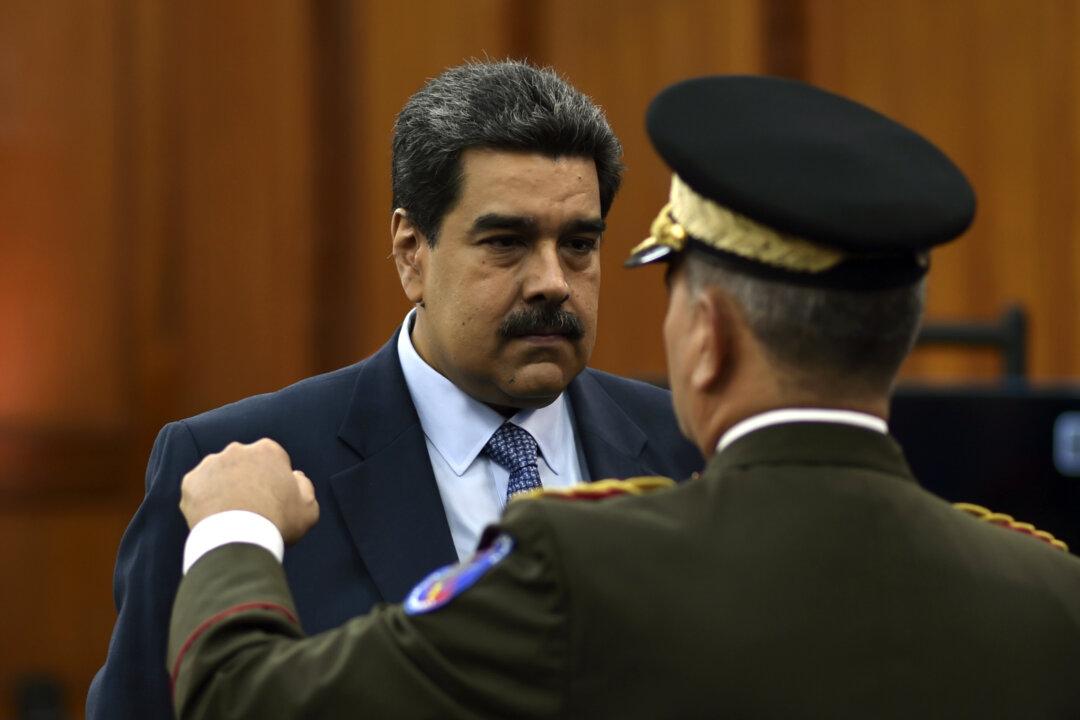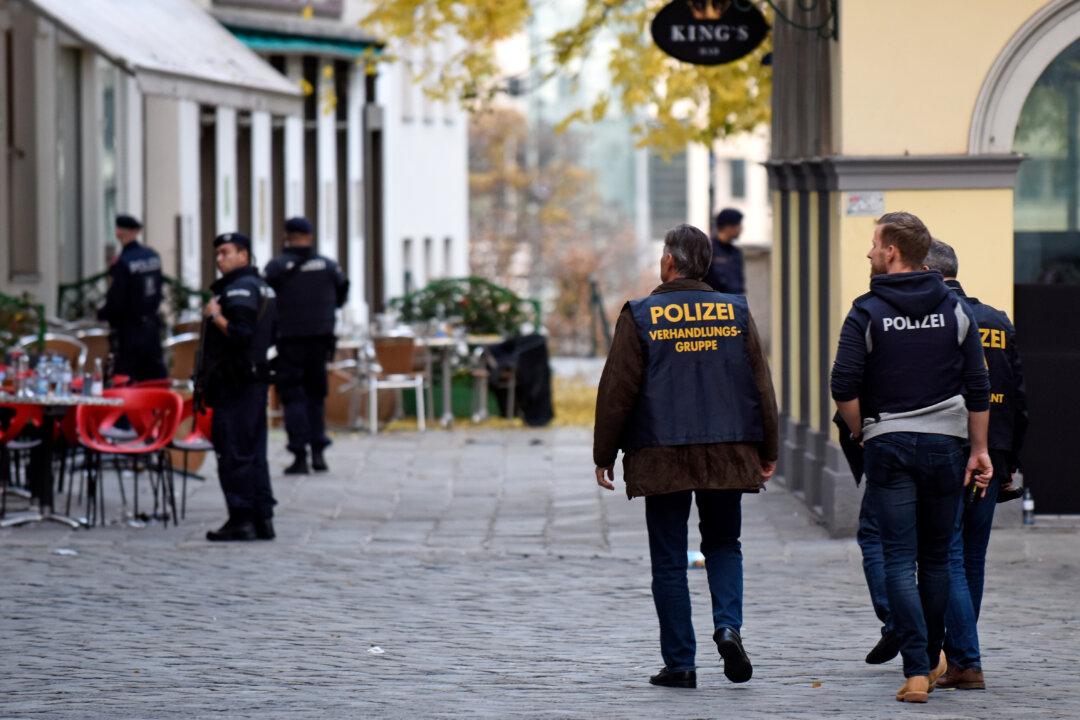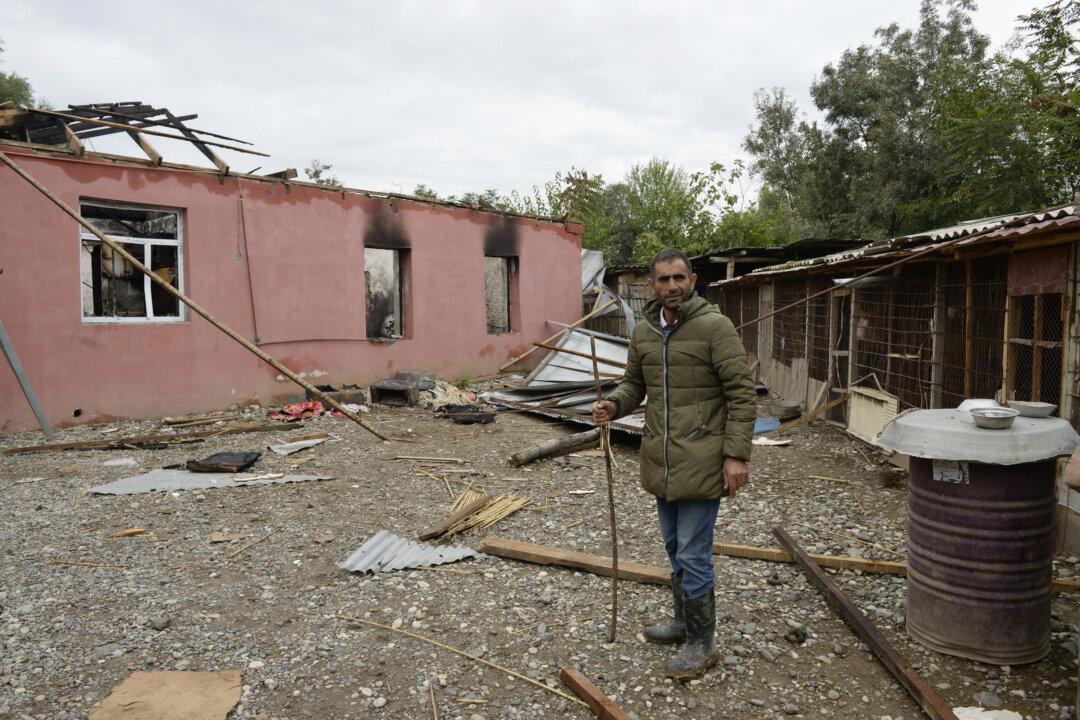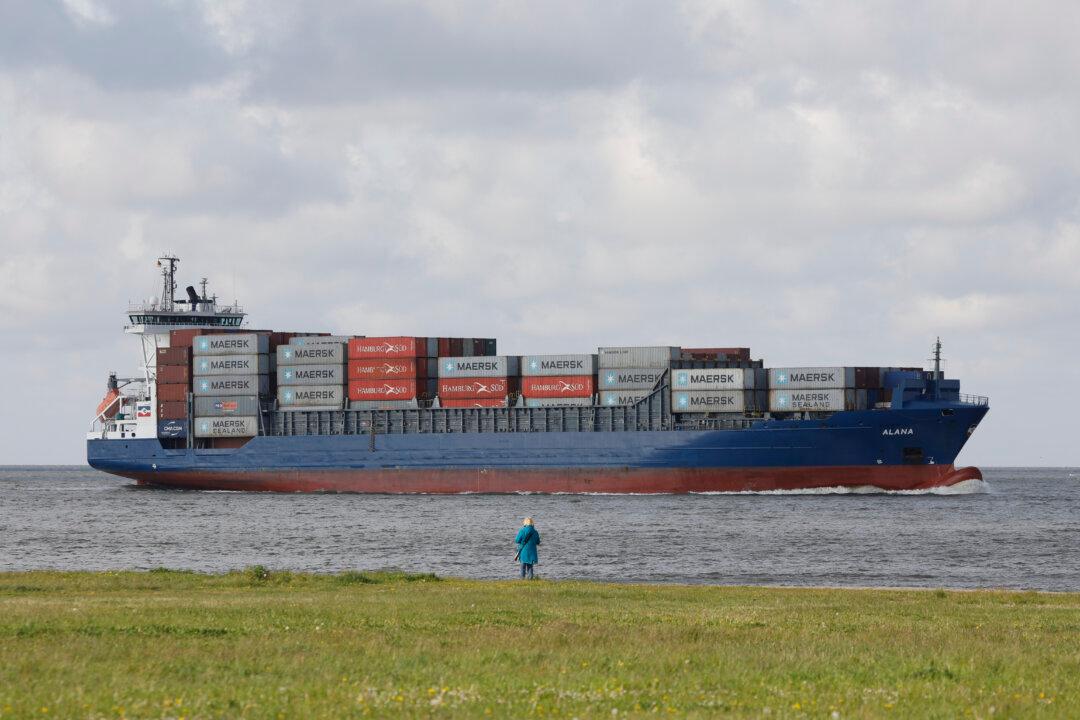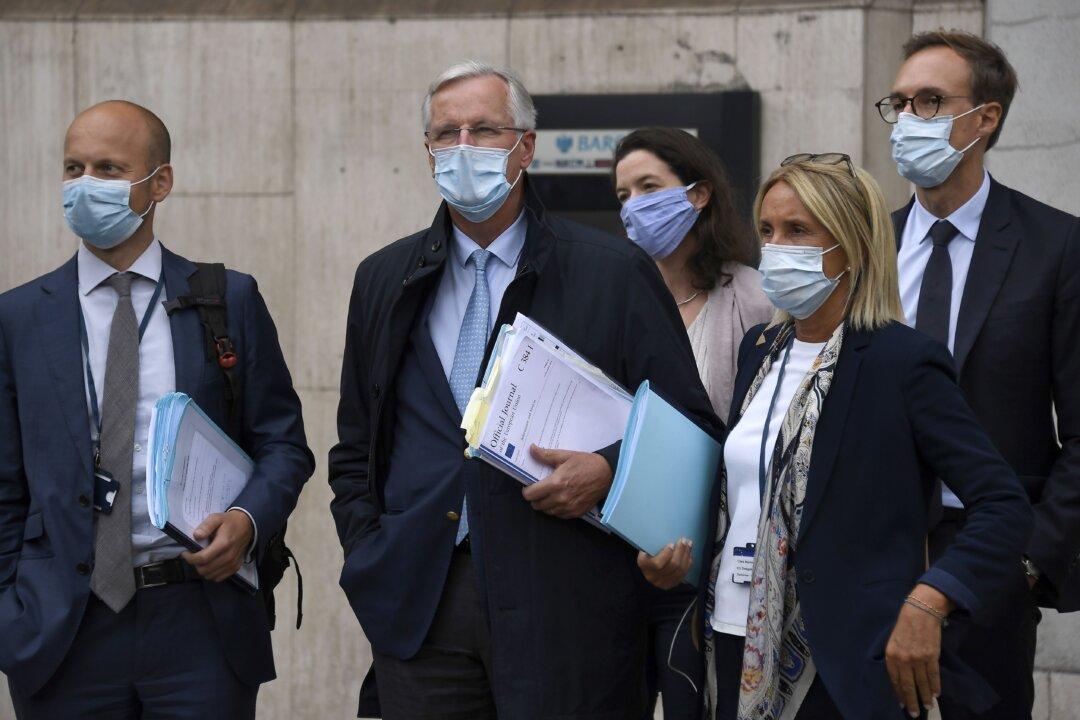BRUSSELS—The European Union says it stands ready to take “appropriate measures” against the Venezuelan regime, with its senior politicians saying they refuse to recognize the legitimacy of President Nicolas Maduro’s government. The statement comes on Maduro’s first day of his second term in office.
“The EU will continue closely monitoring developments on the ground and stands ready to react through appropriate measures to decisions and actions that further undermine the democratic institutions and principles, the rule of law and human rights,” the EU foreign policy chief Federica Mogherini said in a statement.
